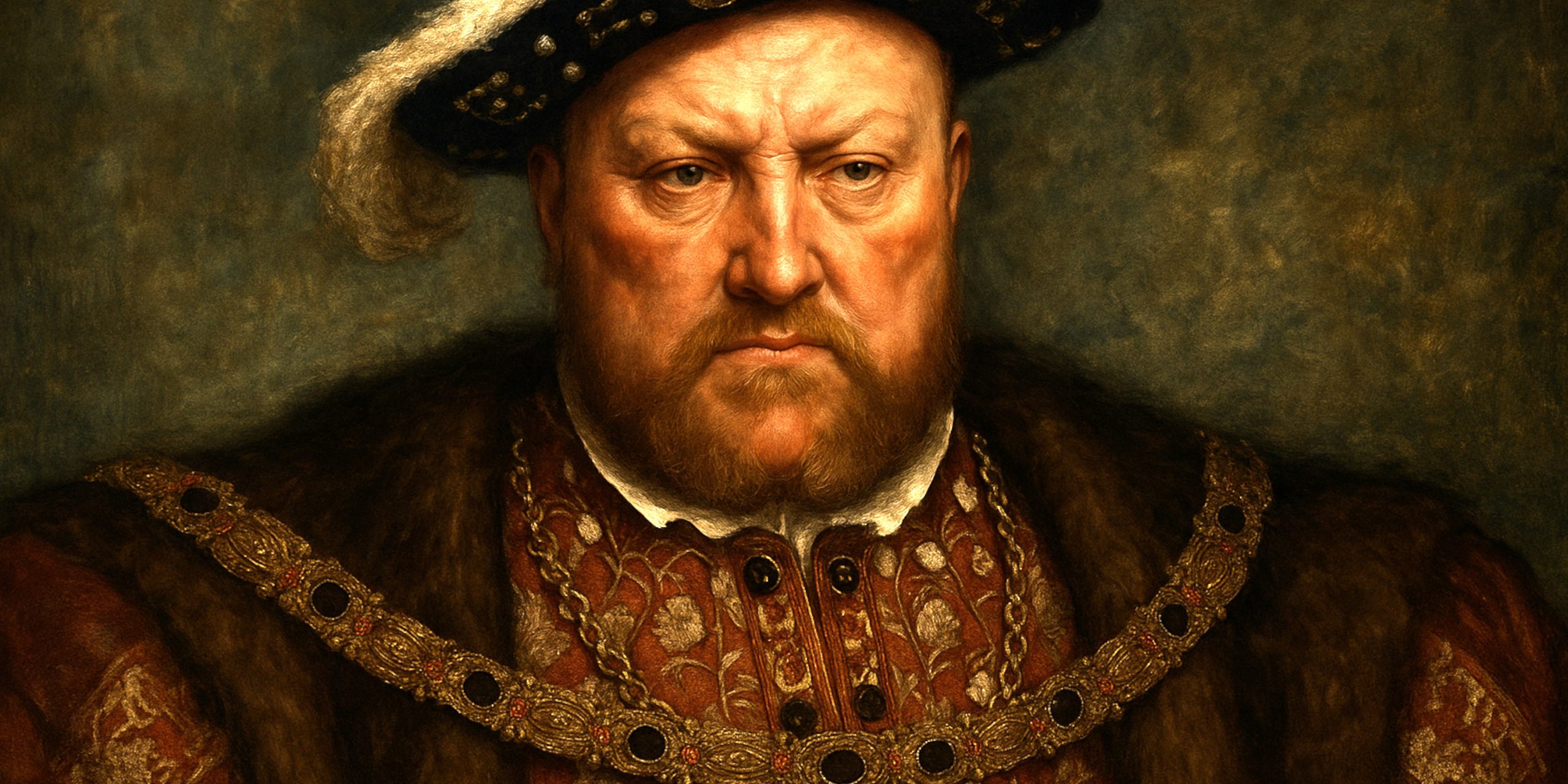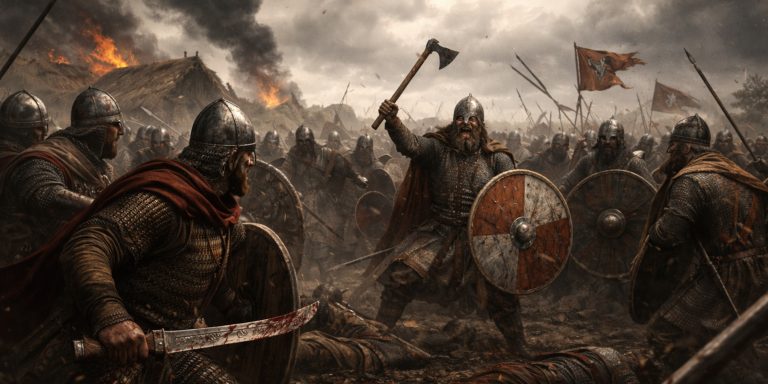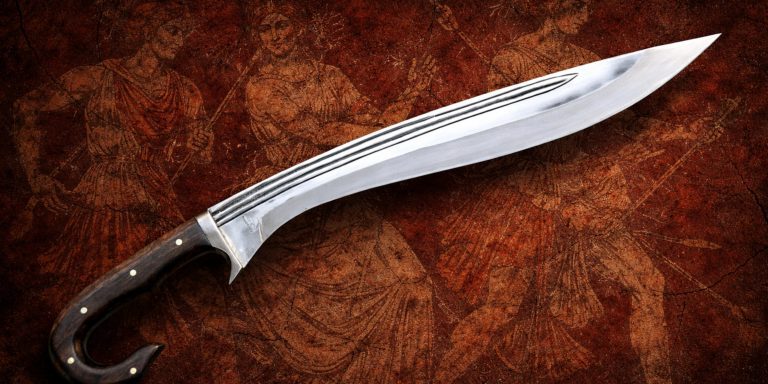
7 Facts And 7 Myths About Henry VIII
Henry VIII attracts more rumours than almost any figure in English history. Some stick because they are colourful, others because they help us make sense of a monarch who could be charming one moment and ruthless the next. I have spent enough time wading through the sources to know that the truth is usually more tangled than the stories we like to tell. These facts and myths try to cut through the noise with a bit of human perspective, because Henry was larger than life but not a cartoon villain or buffoon. He was very real, very complicated, and far more interesting than the clichés allow.
Seven Facts
Henry was never meant to be king
He grew up as the second son, trained for church life rather than kingship. When Arthur died unexpectedly, the quieter, more bookish Henry had to step into a world he had not fully prepared for. I often wonder how that early jolt shaped the impatient, forceful man he later became.
He was exceptionally well educated
People forget that Henry wrote poetry, music and theological argument. His early writing against Martin Luther earned him the title Defender of the Faith from the Pope. He was proud of it too, long before he decided to tear England away from Rome.
Henry was athletic in his youth
Before the weight gain and health troubles, he was tall, broad shouldered and extremely active. He excelled at jousting, hunting and tennis. Foreign ambassadors fell over themselves to describe him as the ideal Renaissance prince.
His break with Rome began as a legal problem, not a religious one
Henry wanted the Pope to recognise that his marriage to Catherine of Aragon was invalid. Only when the papacy refused, blocked by Catherine’s powerful relatives, did he push England toward its own church courts. It was politics first, theology later.
He relied heavily on talented ministers
Cardinal Wolsey and Thomas Cromwell shaped policy far more than Henry cared to admit. The king could change course in a heartbeat, but these men built the machinery that carried out his decisions. Their eventual downfalls reveal how dangerous it was to disappoint him.
His health collapsed after a jousting accident
The crash in 1536 left him unconscious for hours. After that, his mood darkened, the temper sharpened, and his leg injuries never healed properly. Chronic pain seems to have shadowed much of his later tyranny, which does not excuse the cruelty but helps explain the volatility.
Henry was genuinely popular with many of his subjects
Despite rebellions and grievances, he maintained a strong image as a mighty king defending the realm. The destruction of the monasteries troubled many, yet ordinary people were also fascinated by him. His charisma, even late in life, was not a myth.
Seven Myths
He had syphilis
There is no evidence at all. His medical records show chronic leg ulcers, obesity and complications from injuries, but nothing that suggests venereal disease. The syphilis rumour is a Victorian invention that refuses to die.
He executed all his wives
Only two met that fate, Anne Boleyn and Catherine Howard. The others were divorced, died in childbirth or outlived him. The famous rhyme compresses years of politics into a catchy line, but historical reality is messier.
He was constantly married because he was a romantic fool
Henry’s marriages were political, dynastic and practical far more than sentimental. His desire for a legitimate male heir drove most decisions, sometimes with cold calculation. Romance played a part, but not the leading role.
He personally designed the Church of England
Henry cared most about authority, not doctrine. The theological shaping of the new church came from Cromwell, Cranmer and later reformers. Henry authorised, but he did not mastermind.
He ate like a glutton every day
Court banquets were lavish, but they were not daily meals. Henry’s diet became excessive when his mobility declined, yet the caricature of him gnawing turkey legs in every portrait is a modern joke, not a Tudor source.
He was universally hated
Plenty feared him, but hatred was not universal. Many admired his strength and his defence of English sovereignty. The fact that he reigned for nearly four decades tells you something about the stability he managed to maintain when he wished to.
He was a simple tyrant motivated only by ego
He certainly had one of the most powerful egos of any monarch, but he also had strategic instincts, cultural ambition and a sense of kingship shaped by both insecurity and grandeur. I find him exhausting and fascinating in equal measure, which is probably the right way to feel about him.
Watch the documentary:










